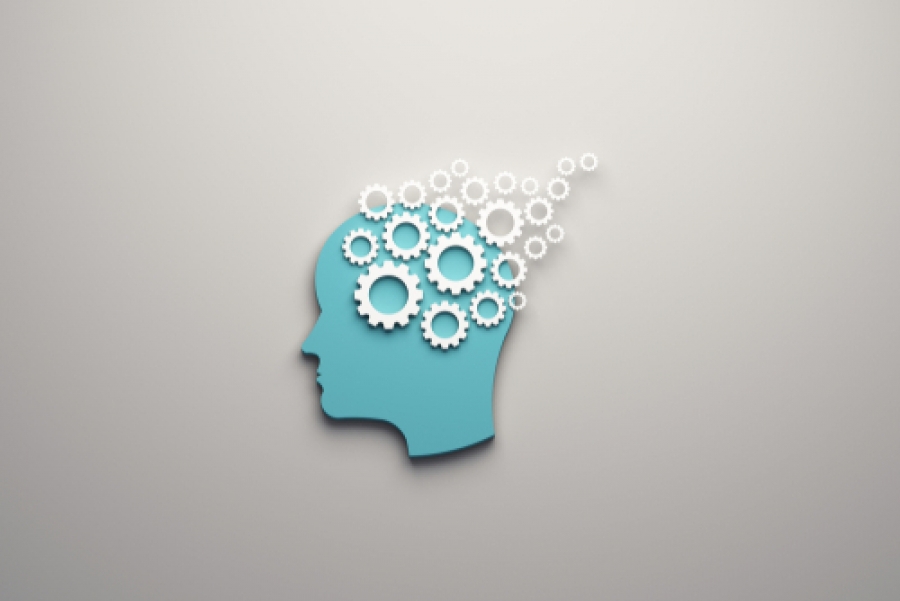One of the largest issues that Americans face today is memory loss, whether it’s general forgetfulness or serious conditions like Alzheimer’s Disease. Everyone experiences memory loss from time to time, but what happens when memory loss interferes with normal functioning? Dementia can be a frightening diagnosis, and one out of three Americans over 65 suffers from some form of dementia. While there are no cures for dementia conditions, there are ways to help manage symptoms. As such, you may be wondering: “can neurofeedback improve memory?”
Our neurofeedback specialists are here today to answer this pressing question for you.
Neurofeedback for Memory Improvement
Neurofeedback is a type of biofeedback that uses a combination of EEG technology and external stimuli like music to monitor and train brainwave activity.
During a typical session, you will listen to music or watch something while wearing electrodes that are placed on the scalp to record your brain activity. As the stimuli plays, the EEG technology measures how your brain is responding. Whenever your brainwaves are within optimal ranges, the system provides a “reward,” such as a smiley face or a thumbs-up sign, to reinforce that behavior. And when your brain activity falls out of those optimal ranges, the reward is taken away to help your brain respond better.
The goal of neurofeedback is customized to the individual. But when it comes to memory improvement, your neurofeedback treatment plan will most likely work to increase the amount of alpha wave activity in the brain during certain situations, like relaxation or meditation. Alpha waves are associated with relaxed states of mind and increased focus, which can be very beneficial for individuals with memory loss.
Even though neurofeedback has been around for decades, it’s just now becoming popular. Its growing popularity is mainly due because of its recent increase in accessibility. With more people turning to this type of therapy it’s important to ask: can neurofeedback improve memory by helping people learn better ways to remember things? Here are some benefits:
Drug-Free Way to Improve Memory
Two different kinds of prescription drugs have been approved by the Food and Drug Administration (FDA) for treating memory loss —Cholinesterase inhibitors and memantine. These drugs can help temporarily treat memory loss, but they may cause some unpleasant symptoms, such as severe headaches, blurry vision, ringing in the ears, changes in mood, and/or convulsions.
Because of those side effects, many people turn to alternative memory treatments such as neurofeedback, which are completely drug-free. That means there aren’t any serious health risks associated with neurofeedback.
Helps Regulate Brainwaves
Memory loss can be caused by many different factors, including concussions, traumatic brain injuries (TBI), Alzheimer’s Disease, and even dementia. All of these memory loss issues share a common feature: they all involve some kind of brainwave imbalance.
Brain waves are responsible for the way our brains’ function. When there is an imbalance between certain brainwaves, certain areas of the brain may be overactive while others may have reduced activity, which can greatly contribute to and/or worsen symptoms. Neurofeedback helps you create new neural pathways so that you can better control your brain waves, which improves your ability to remember things.
Neurofeedback is Research-Backed
Multiple studies have looked at the effects of memory training through neurofeedback (NFB) techniques. Those results suggest that the ability to retrieve episodic memory may be affected by the level of activity in the brain’s high-frequency band (gammas). The activities of the theta and alpha bands are associated with episodic and semantic memory, respectively. And neurofeedback can help rebalance these waves for greater memory recall.
Neurofeedback Treats the Issue at the Source
How exactly can neurofeedback improve memory? Neurofeedback works by treating the cause of the symptoms rather than just masking them.
To start, you’ll complete a qEEG brain mapping session to determine which parts of your brain are underperforming and use this information to develop an individualized treatment program. By effectively rewiring your brain and treating the problem by the source, neurofeedback can offer long-lasting results for memory improvement.
Ready to Try Neurofeedback for Memory Improvement?
Neurofeedback is a safe and effective way to help improve brain function and enhance cognitive abilities. Through neurofeedback, patients learn how to control their brainwaves and achieve better focus, concentration, and attention.
At Braincode Centers, we offer free consultations where we evaluate your current state of mind and health. We’ll provide recommendations based on our findings and discuss neurofeedback treatment options to boost your memory. Contact us today to schedule your consultation.




